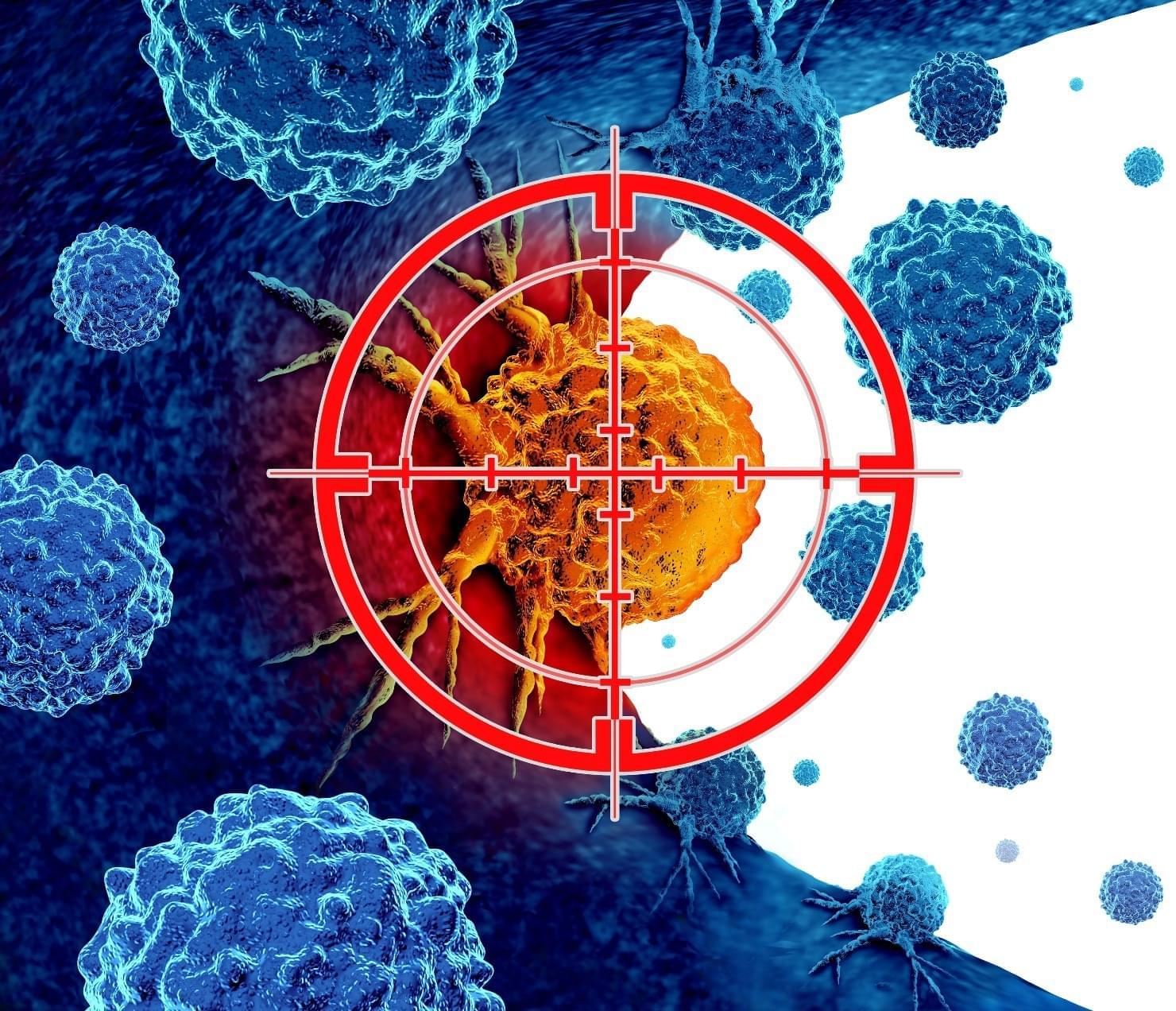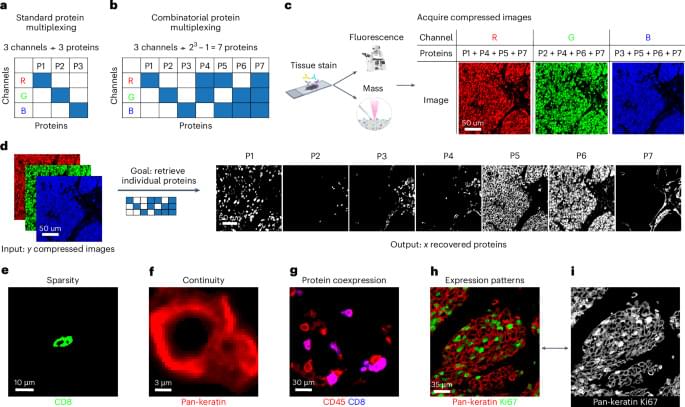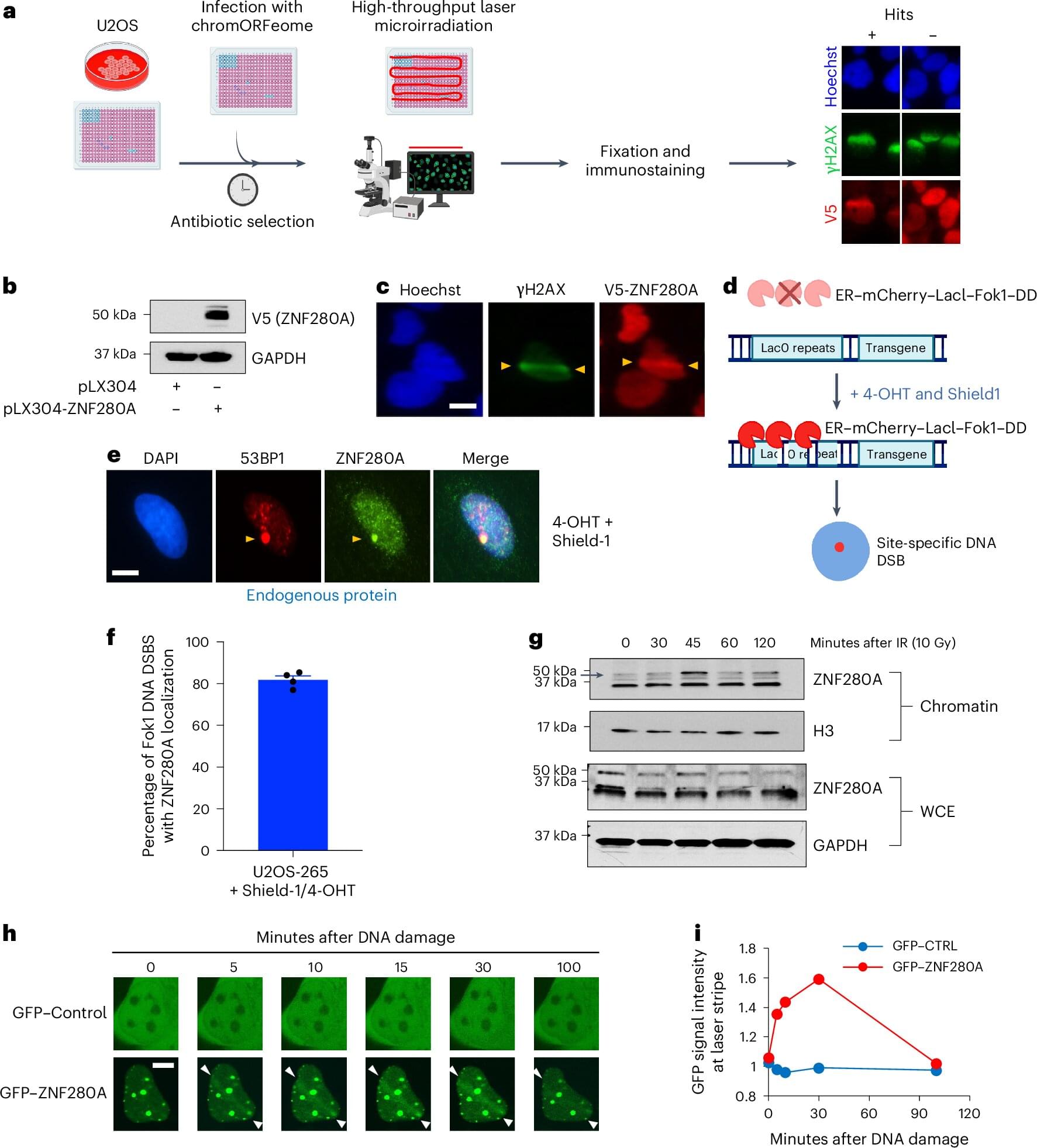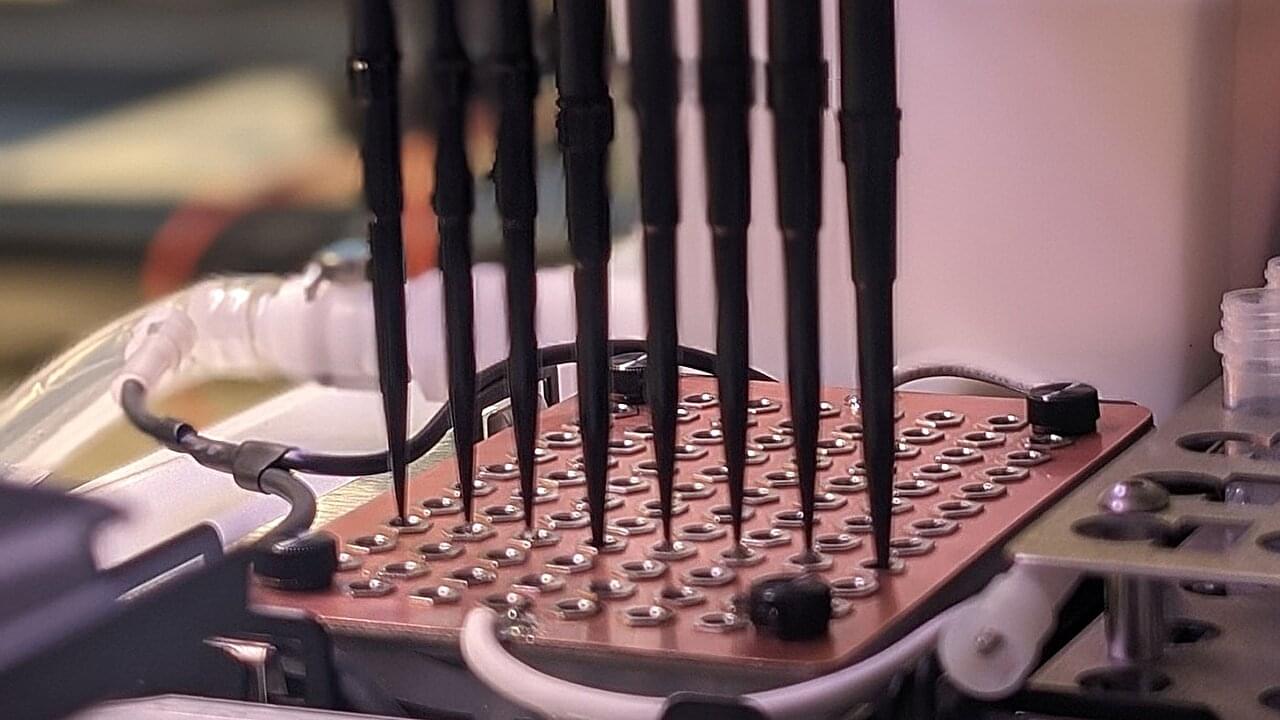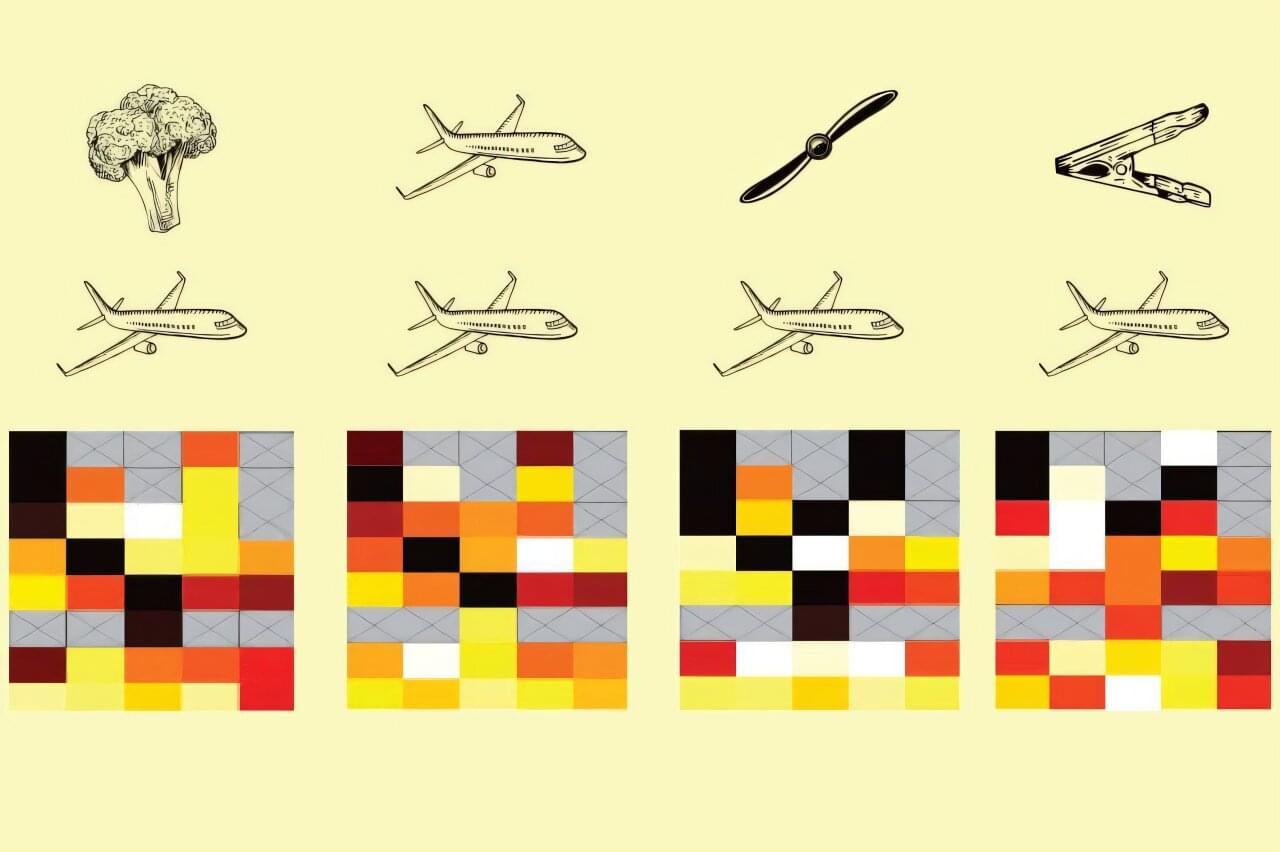You stayed up too late scrolling through your phone, answering emails or watching just one more episode. The next morning, you feel groggy and irritable. That sugary pastry or greasy breakfast sandwich suddenly looks more appealing than your usual yogurt and berries. By the afternoon, chips or candy from the break room call your name. This isn’t just about willpower. Your brain, short on rest, is nudging you toward quick, high-calorie fixes.
There is a reason why this cycle repeats itself so predictably. Research shows that insufficient sleep disrupts hunger signals, weakens self-control, impairs glucose metabolism and increases your risk of weight gain. These changes can occur rapidly, even after a single night of poor sleep, and can become more harmful over time if left unaddressed.
I am a neurologist specializing in sleep science and its impact on health.

